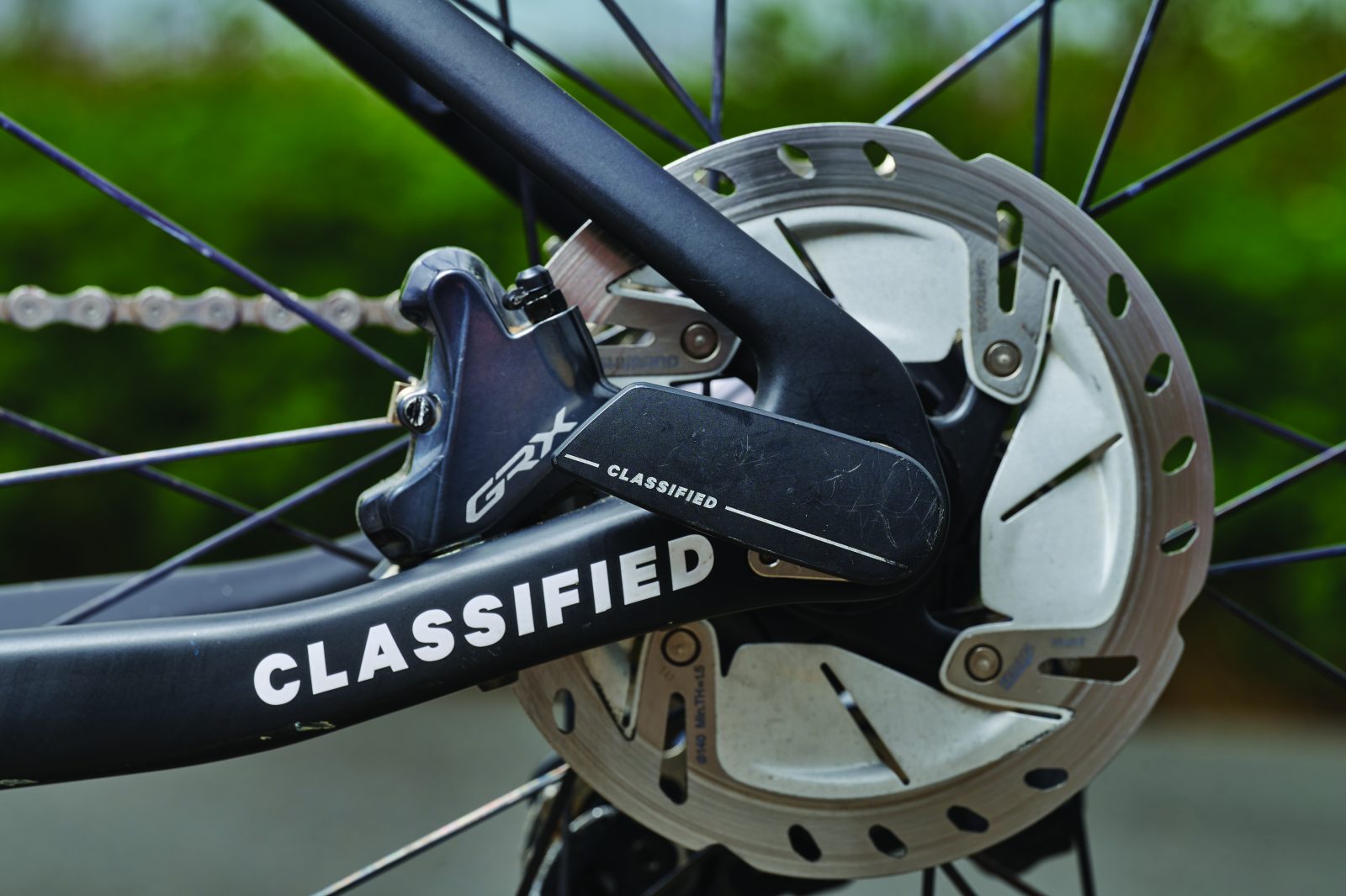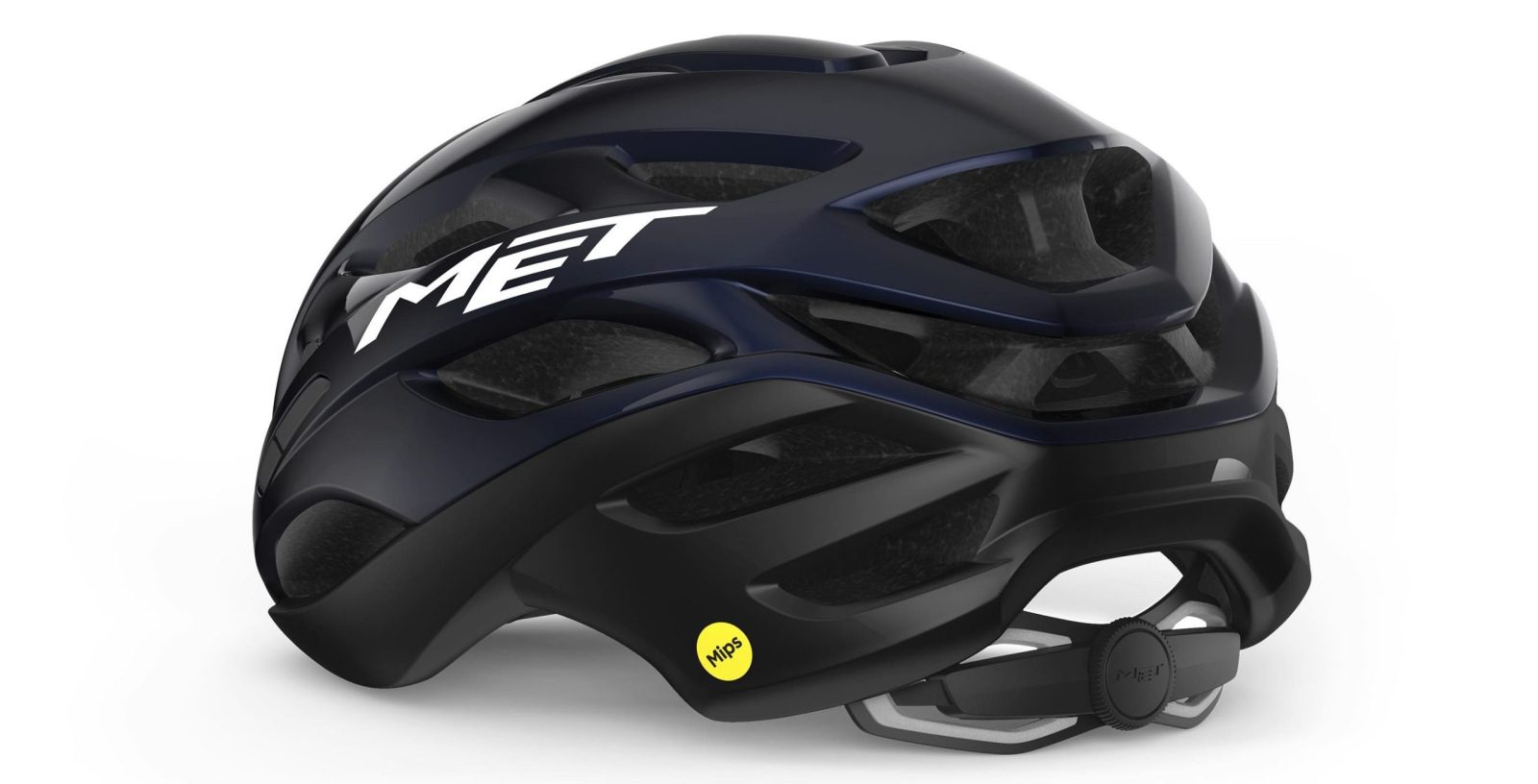Is muscular inflammation post-exercise such a bad thing after all?

Photo Danny Bird
To quote a study on inflammatory responses published in the journal Oncotarget, ‘At the tissue level, inflammation is characterised by redness, swelling, heat, pain, and loss of tissue function… [it] is the immune system’s response to harmful stimuli… and acts by removing injurious stimuli and initiating the healing process.’
It is, therefore, a defence mechanism in which white blood cells flood an affected area to aid healing, whether for a swollen ankle or inflammation resulting from exercise – the kind associated with DOMS (delayed onset muscle soreness).
So, should we really be looking to curb it with ibuprofen or RICE (rest, ice, compression, elevation)?
Probably not, says a paper entitled ‘Ibuprofen use, endotoxemia, inflammation, and plasma cytokines during Is muscular inflammation post-exercise such a bad thing after all?
T ultramarathon competition’ published in Brain, Behaviour And Immunity.
The study looked at the effects of taking ibuprofen pre and post an ultramarathon and concluded that no big differences in tissue inflammation resulted from ibuprofen use.
In fact, the blood and urine markers indicating tissue inflammation were actually elevated in those who had taken ibuprofen.
Similarly, Dr Gabe Mirkin, who coined RICE back in the 1970s, now concedes in an essay entitled ‘Why Ice Delays Recovery’ that ‘applying ice to injured tissue causes blood vessels to constrict and shut off the blood flow that brings in the healing cells of inflammation’.
While these two studies are not linked, they are part of a growing body of evidence that asserts the best way to deal with muscular inflammation is just to let it happen – it’s a very necessary part of the recovery process.


